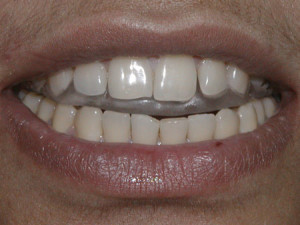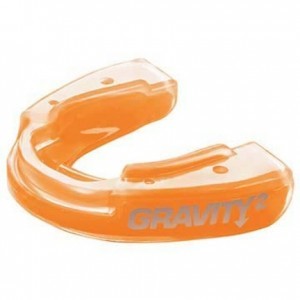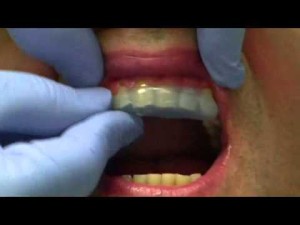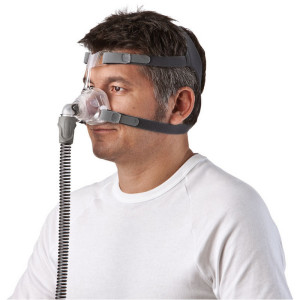Understanding the Night Mouth Guard and How It Works
When it comes to sleep apnea treatment methods, a night mouth guard is up there with other methods that work. The reason is simple. For starters, the device is effective. Then there is the fact that apneic patients either have comfort issues with CPAP or just can’t use the device at all. This leaves them with other dental devices and the night mouth guard.
What Are They?
The name pretty much speaks for itself. There are different mouth guards, but the most common one is the MandibularAdvancement Device commonly referred to as MAD. It comes in a number of variations and greatly resembles a sports mouth guard. Then there is The Tongue Retaining Device or if you may, TRD. It comes with a splint that holds the tongue comfortably in place. Either device must be fitted by a doctor then followed up an early check up just to ensure that the device works well.
How Do They Work?
MAD works by forcing your lower jaw forward and slightly down. This keeps the air passage open at night and minimizes loud snoring. TRD on the other hand, works by keeping the tongue in an optimal position, leaving the air passage as open as possible.
What Are The Benefits?
A good night mouth guard comes with an array of advantages. The primary benefit is of course a significant reduction in apnea for patients with mild to moderate apnea. The devices also go a mile to improve the quality of one’s sleep and snoring frequencies. To get the best out of them, go for a custom night mouth guard.
Are There Any Downsides?
Like with any other treatment option, expect some flaws from your dental night mouth guard. Key among the downsides is the fact that dental appliances are not as effective as CPAP devices. That said, think twice before buying a silent night mouth guard claims to be 100% effective. Such issues aside, expect the following side effects with a standard sleep apnea mouth guard:
- Dry lips
- Excess salivation
- Tooth discomfort
For long term mouth guard users, permanent changes may take place in the position of their teeth and jaws. There are rare cases where symptoms have included worsening of the apnea. That is why choosing a good mouth guard is highly recommended. This opens up another crucial factor to consider.
Choosing the Best Mouth Guard
Shopping for the right mouth guard may be hard if you’re out to get the device for the first time. With the help of your doctor however, the whole process should be fairly simple. Go for nothing short of what he/she has recommended. Then check out for recommendations and reviews. All these information is available online, so expect to have an easy time when shopping for a guard.
Taking Care of Your Mouth Guard
All mouth guards come with easy to understand tips on how to take care of them. Take time to read the manual. Then try the best you can to always put on the guard after washing your face. Don’t share the device with anyone, and use mild soaps and detergents to wash it, unless you want the guard’s silicon lining to wear off.
Conclusion
A night mouth guard could be all you need in your bid to fall asleep like you used to when you were still a kid. It should, however, be noted that just like using other medical devices, mouth guards, too, should be used under the supervision of a doctor. The doctor must first identify how severe your condition is, which device treats it better and when it’s time to change the device for another one.



